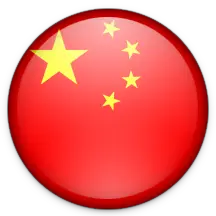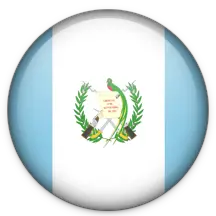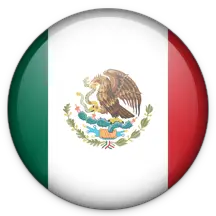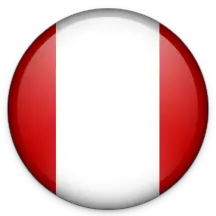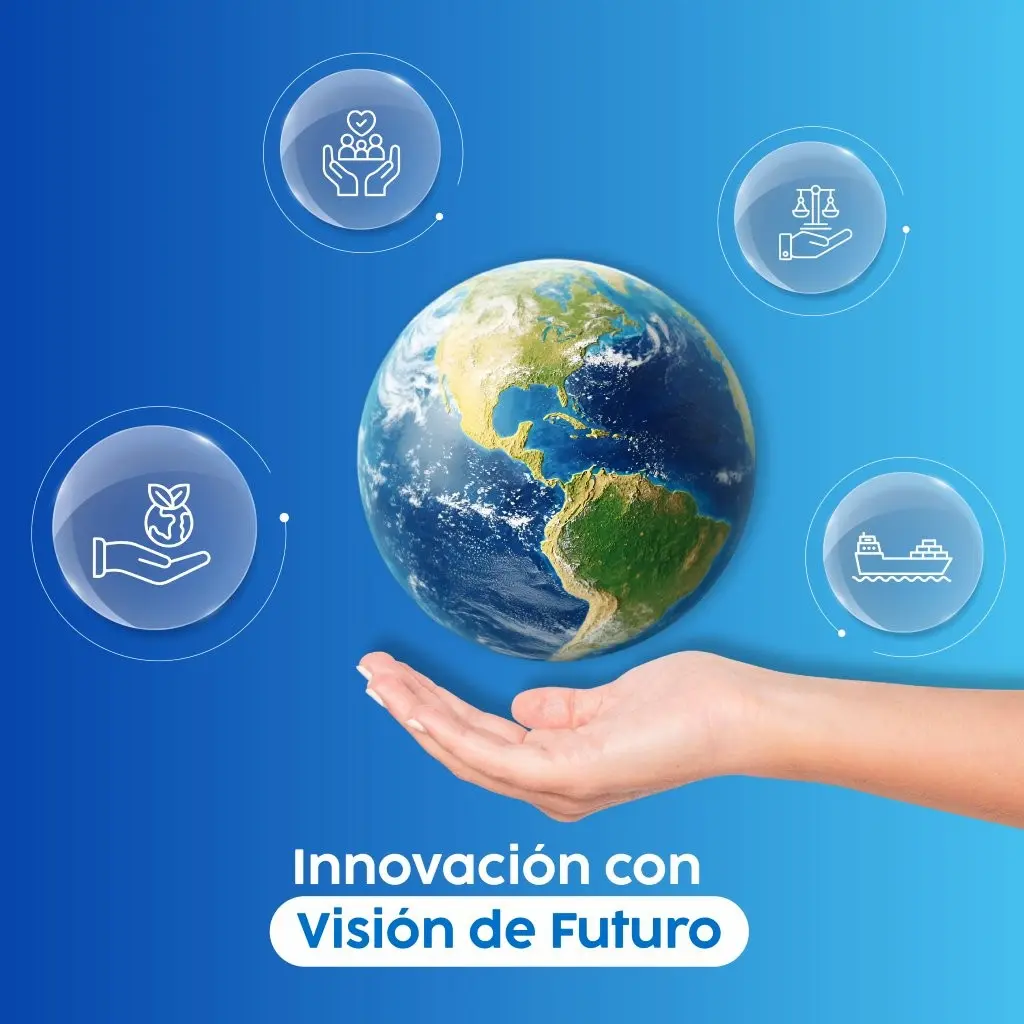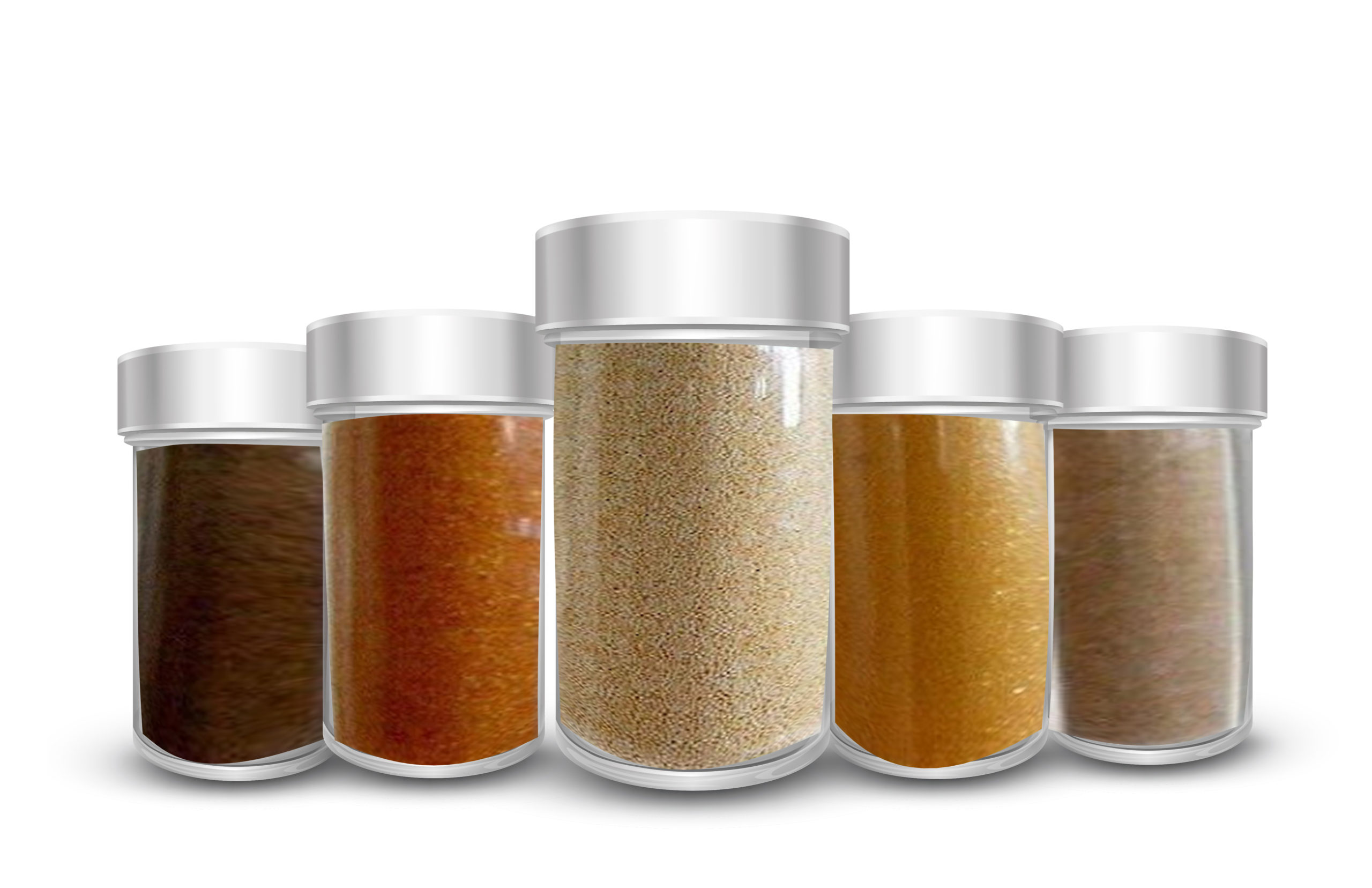
Ion Exchange Resins – Use in Water Treatment
The treatment and management of water resources, both drinking and industrial water, is becoming more and more relevant every day due to the problems of scarcity and the concepts of sustainability that are being considered globally for industrial and community development.
Ion exchange resins are a fundamental component in water treatment and play a crucial role in removing unwanted ions and purifying water for many industrial and domestic applications.
Ion exchange resins are insoluble polymeric materials that contain electrically charged functional groups. These functional groups exchange ions with the surrounding solution, allowing for the selective removal of specific ions from the water. Ion exchange resins find use in a variety of water treatment processes, including:
- Demineralization
- Softening
- Purification &
- Deionization
Types of Ion Exchange Resins and How They Work
There are two main ion exchange resins: cation and anion exchange resins. Cation exchange resins contain acidic functional groups that exchange cations such as calcium, magnesium, and sodium. On the other hand, anion exchange resins contain basic functional groups that exchange anions such as chlorides, sulfates, and bicarbonates.
In addition to the basic ion exchange resin types, mixed exchange resins combine cationic and anionic properties in a single resin, making them ideal for deionization.
This is why there are ion exchange resins whose use makes the removal of contaminants an effective and widely used process to purify water. These resins, in the form of small solid particles, can exchange ions present in water for other ions of similar charge that are bound to them.
The principle of ion exchange relies on the electrostatic attraction between the ions dissolved in water and the functional groups present in resins. During treatment, undesirable ions, such as heavy metals, hardness ions (calcium, magnesium), and other contaminants, are trapped by the ion exchange resins, and the desired ions remain in the treated water.
As the resins fill with unwanted ions, their exchange capacity decreases, and they need to be regenerated to restore their adsorption capacity. Regeneration is carried out with regenerants, specific chemicals designed to release the ions trapped in the resins and replace them with ions from the regenerant solution.
The ion exchange process is highly efficient and can remove a wide range of ionic contaminants from water, improving its quality and making it suitable for various uses, such as human consumption, industry, or agriculture. In addition, this treatment method is highly adaptable and applicable in systems of different scales, from domestic uses to large-scale water treatment plants.
Innovative Breakthroughs: State-of-the-Art Resins and Sustainable Technologies
In recent years, there have been significant advances in the development of ion exchange resins, with an increasing focus on improved exchange capacity, ion selectivity, chemical resistance, and regeneration efficiency. State-of-the-art ion exchange resins with enhanced ion retention capabilities and improved efficiency in high ionic loading applications have been introduced. In addition, specific ion exchange resins have been developed to remove emerging contaminants such as pharmaceuticals and persistent organic compounds, further expanding the scope of applications of ion exchange resins in water treatment.
Another significant advance has been implementing more efficient and sustainable regeneration technologies for ion exchange resins, resulting in reduced chemical and water consumption in treatment processes. Combining ion exchange resins with membrane technologies has also resulted in innovative hybrid systems that offer improved performance and increased efficiency in water purification.
Custom solutions from Mathiesen
Mathiesen stocks a wide range of ion exchange resins for the treatment of contaminants present in water. We support our product offer with a development laboratory that allows us to test with different resins depending on the type of contaminant, where we verify the removal capacity. This data is relevant for the design of filters and treatment at the industrial level.
If you need technical support for the water treatment of your production process, do not hesitate to contact us; our specialists will analyze your requirements and provide the appropriate technical recommendations to meet your objectives and KPIs of the processes you wish to implement.




